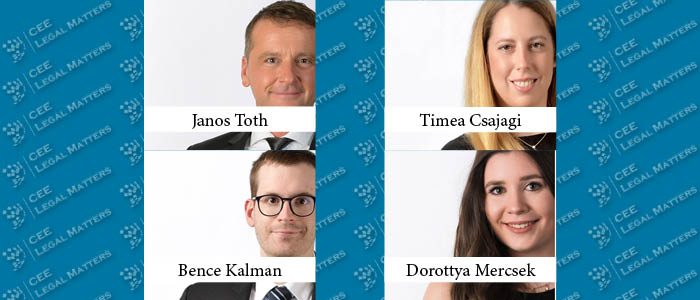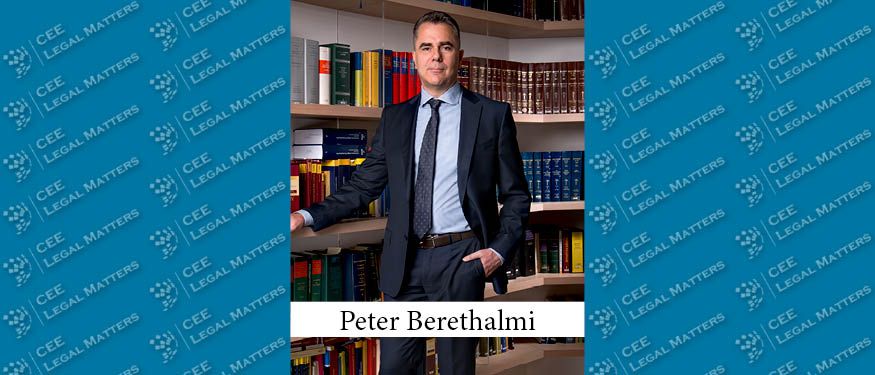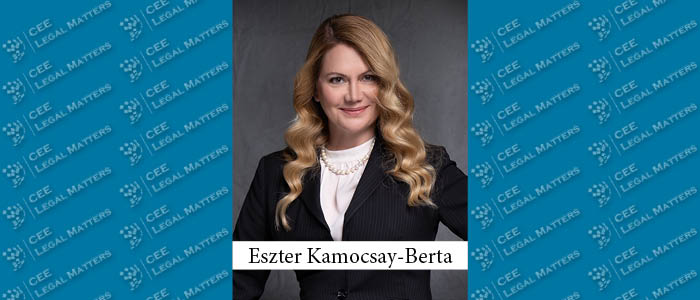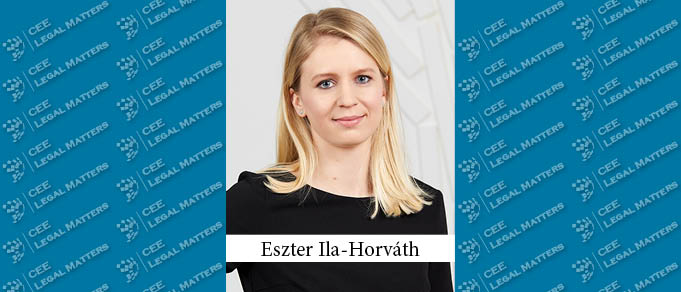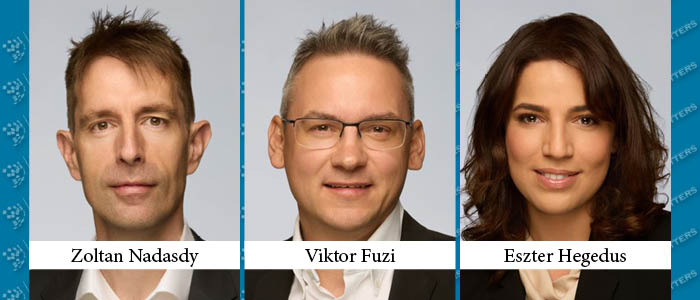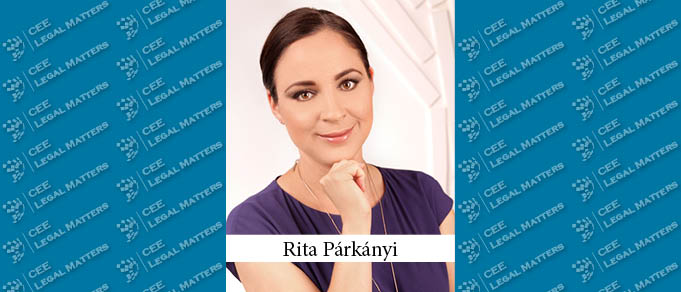Wolf Theiss, working with Ropes & Gray, has advised American Industrial Partners on its investment in Austin Powder. Jones Day reportedly advised Austin Powder.
Wolf Theiss and Jalsovszky Advise on Kecskemeti Konzerv's Sale to Granit Group
Wolf Theiss has advised the owners of Kecskemeti Konzerv on the sale of the company to Granit Group's subsidiary Agrar-Finance. Jalsovszky advised Granit Group.
New Special Taxes for Companies to be Introduced in Hungary
The announcements made by the Hungarian Government on 8 July 2024 envisage a number of new and higher payment obligations, as well as other public taxes and restrictions, that will include a defence contribution, increased administrative fines, extra profit tax, changes to social contribution tax on entering the labour market, transaction and currency exchange levies
Deposit Refund System is on the Horizon
The grace period until 30 June 2024 is slowly expiring for manufacturers to market products that do not yet comply with the Deposit Refund System (DRS) rules.
Peter Berethalmi Promoted to Partner at LKT
Lakatos Koves and Partners has promoted former Counsel Peter Berethalmi to Partner in the firm’s Corporate and M&A group.
Oppenheim Advises Audi Hungaria on Photovoltaic Power Plant Development
Oppenheim has advised Audi Hungaria on the tendering procedures, negotiations, and EPC and PPA agreements related to its photovoltaic power sources.
Postponed Entry into force of the New Land Registry Act and Other Amendments to Different Laws
A bill amending certain laws affecting the functioning of the state was adopted by the Parliament in the middle of June 2024. The bill postpones again the entry into force of the new Land Registry Act to 15 January 2025. In addition, the bill amends provisions in several different areas of law (e.g. health, education, immigration).
Data Protection Laws and Regulations in Hungary
Contributed by Provaris.
The New Obligation of Common Representatives
Approximately 1.5 million condominiums are affected by an amendment of the Condominium Act regarding the registration of common representatives.
Amendment to the ESG Act
The amendment to the ESG Act was published in the Hungarian Official Gazette of 17 April 2024 and entered into force in May 2024.
Schoenherr Advises Schwarzueller on Partnership with Krone
Schoenherr has advised the Schwarzmueller Group on a partnership with the Krone Group. CMS reportedly advised the Krone Group.
Claudia Fochtmann-Tischler, Daniel Orosz, Desiree Prantl, and Robert Wippel Make Partner at Baker McKenzie
Former Counsels Robert Wippel, Desiree Prantl, and Claudia Fochtmann-Tischler and former Senior Associate Daniel Orosz were promoted to Partners at Baker McKenzie as part of the firm's 2024 promotions round.
Hungarian Government Extends Reduced VAT Rate for New Homes
Finance Minister Mihaly Varga announced on 4 May 2024 that the Government will prolong the preferential VAT regime for new homes for an additional two years.
Strict Amendment to the Law: Compulsory Liability Insurance for Certain Electric Scooters, Segways, and Small Tractors
According to a statement made by the Association of Hungarian Insurers, from 16 July 2024, the range of vehicles for which compulsory motor vehicle liability insurance must be taken out will be extended.
New Function on NAV’s Mobile Application: Checking Data on Employment
With a new function on the National Tax and Customs Administration’s (NAV) mobile application (“NAV Mobile”), anyone can check whether their employer has notified the tax authority about their employment in accordance with the employment contract.
Former Noerr Hungary Team Joins WTS Legal
The former Noerr Budapest team has joined WTS Legal Hungary, including Zoltan Nadasdy, Viktor Fuzi, and Eszter Hegedus as Partners.
Dora Czegledi Becomes Lead Counsel at Fever
Madrid-based Hungarian lawyer Dora Czegledi has been appointed by Fever to Lead Counsel.
Thanks to the Hungarian Competition Authority’s Decision Viber Has Become More Secure and More Transparent
In February 2020 the Hungarian Competition Authority initiated a competition supervisory procedure against Viber Media (operator of the Viber app, seated in Luxembourg) which was likely to infringe the prohibition of unfair commercial practice against consumers. During the procedure, Viber made commitments aiming at the avoidance of penalties. The procedure ended on 16 May 2024 with a decision where the authority, without finding an infringement or lack of infringement, obliged Viber to fulfil its commitments.



